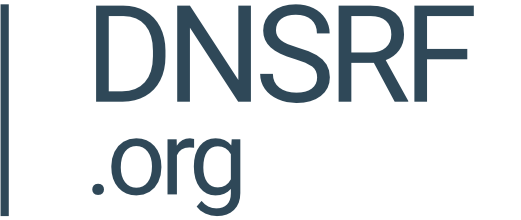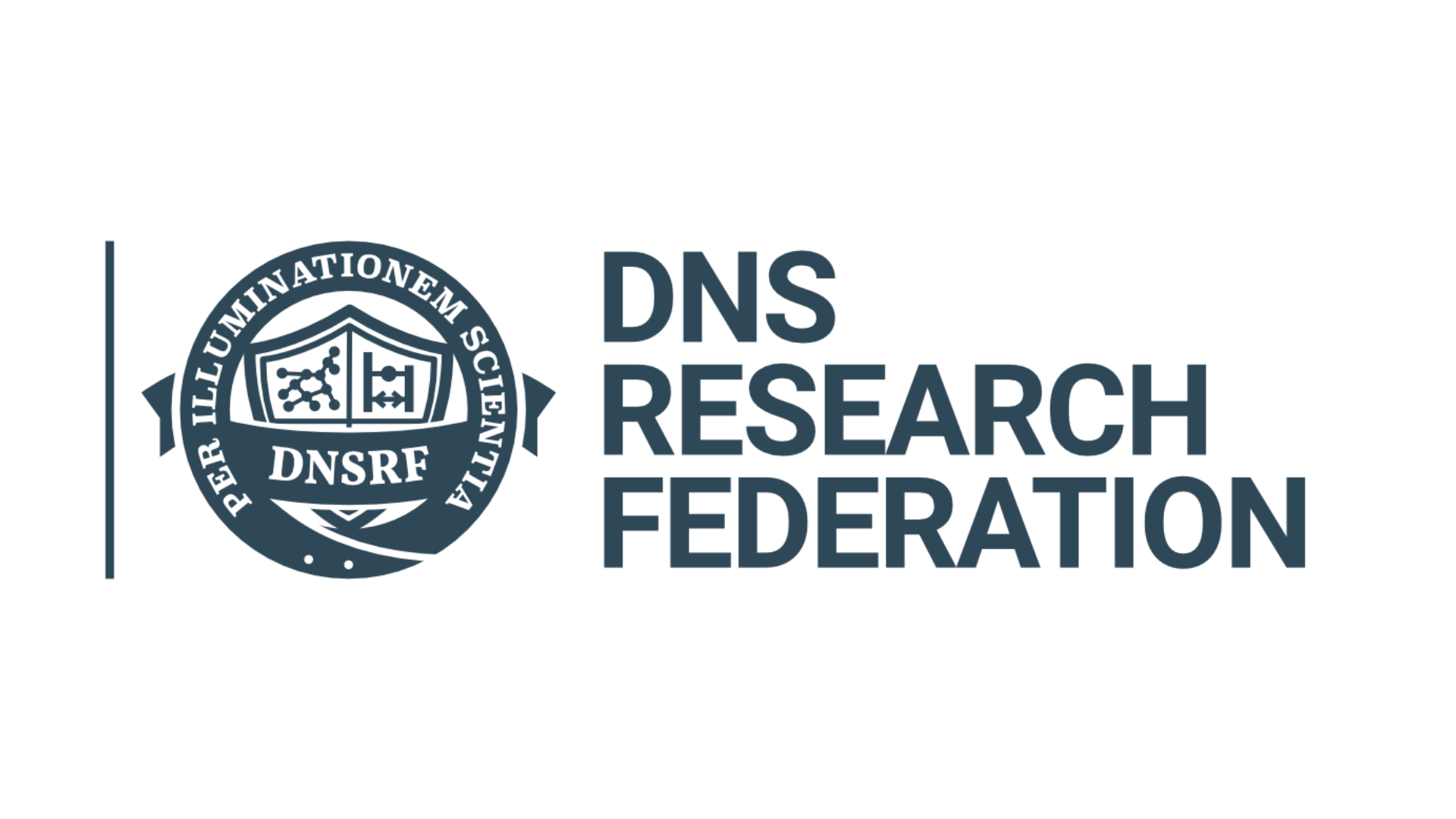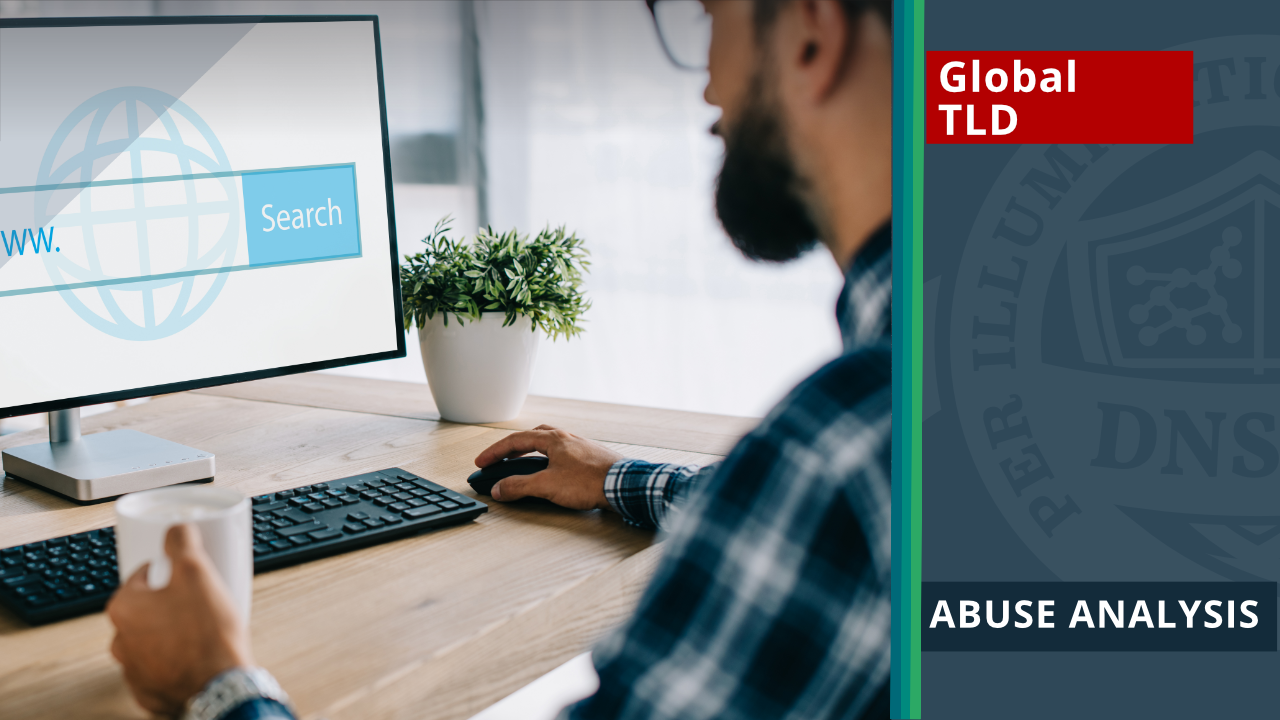The DNS Research Federation was founded in 2021 by Oxford Information Labs - an Oxford, UK based consultancy specialising in Cyber Intelligence.
Founders Emily Taylor, Lucien Taylor and Mark Robertshaw bring 60+ years of experience working in the DNS Industry to build a new organisation with technical, policy and business expertise.
The project has gained the support of several key industry players and academic institutes and is gaining traction every day.
What problem is the DNS Research Federation trying to solve?
Recent years have seen a burgeoning of scholarship and policy research relating to the online environment. There has also been a sharp uptick in regulatory activity throughout the world. However, domain names and IP addresses, which are fundamental to the functioning of the Internet, are somewhat under the radar for academia.
DNS continues to fly under the radar as an essential part of the internet and cyber security participant Chatham House, June 2022
Where there is activity, it is narrowly focused on specific security problems, without the broader understanding of the DNS environment. This is important, because without proper understanding and research, there is a danger that policy solutions have unintended or even perverse consequences.
Evidence based research is essential for robust policy outcomes, yet the data landscape for the DNS is fragmented, lacking open, objective data that is accessible both to technical researchers and social scientists.
Technical standards carry enormous strategic impact, and there has been intense activity in the area of the DNS. Yet, the standards work is often poorly understood by those outside niche technical circles and there is a need for a joined up approach.
Emily Taylor and her team have worked at the forefront of internet policy development for many years - they have produced strategic reports for the UK Government, provided consultancy to some of the biggest players in the DNS space, and produced numerous research papers, articles and commentary for media, TV and more.
“Presently, valuable information about the DNS is fragmented, poorly governed, of sometimes poor quality and non-authoritative. Some providers closely guard their data assets, or in some cases seek to monetise data derived through dubious methods. However, good quality data from multiple sources and perspectives is necessary for effective DNS planning, research, governance, security and management.” .. Lucien Taylor.
How is it going about solving it?
The team identified a strategic space for a neutral body, with a strong leaning towards academic research to act as a new hub for open data sharing. It would need to be trusted by big brands, big tech and public safety - a tall order!
With the help and support of some key big tech organisations and academic institutions Oxil established a new not-for-profit with roots in the City of Oxford, UK. Oxil is also repurposing 20+ years worth of its pre-existing domain name management software, research software and tools to produce a number of open source tools and a new DNS Analytics gateway hosted at DAP.LIVE to offer a FREE, open and transparent data sharing service.
“We want to avoid lock-in, and many of the problems associated with the domain security data market ..” says Oxil CIO Mark Robertshaw. “We are negotiating feeds from the big providers and, where possible, carving out FREE access to the data for academic and public safety”.
About the company
The DNS Research Federation is a not for profit company limited by guarantee, registered in England and Wales (No. 13602141) in 2021. It is inviting a number of key stakeholders from all aspects of the DNS ecosystem: big brands, domain name industry, public safety and academia to participate as partners and supporters.
The company has already been successful in gaining funding to support short-term, medium and long term objectives.
About the people
Currently, the team at Oxford Information Labs are the team setting up the DNS Research Federation - lending unrivalled knowledge of the DNS environment from technical and policy perspectives, and the skills, software, experience and expertise to establish the organisation. Oxil have made commitments to support the project for long-term, including lending key staff and providing skills and training as required. It is anticipated that the Federation will recruit dedicated staff as the organisation develops.
What's been happening?
In 2022-23, DNS Research Federation has met with a number of key academic institutions - gaining American University, DC as a academic partner, and commissioned a number of research papers with researchers from University College London, University of San Andrés in Buenos Aires, Argentina and the American University, DC.
The team have joined M3AAAG and the Global Anti-Scam Alliance and despite Covid has held face to face meetings in London, San Francisco, and Washington. They have built DAP.LIVE which is currently undergoing tests by third parties and researchers.
What next?
The DNS Research Federation aims to continue its journey in 2023-4, focussing on raising awareness by attending key meetings, hosting events, and commissioning new research.





